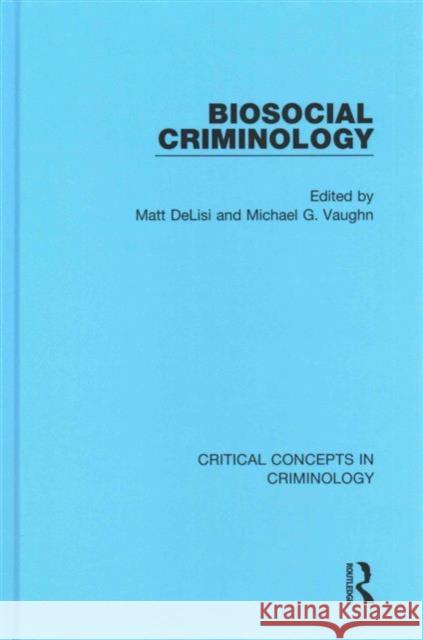Wyniki wyszukiwania:
wyszukanych pozycji: 3
 |
Bez wysiłku. Jak uprościć obsługę i zdobyć...
ISBN: 9788381027595 / Polski / broszurowa / 2025 / 299 str. Termin realizacji zamówienia: ok. 6-8 dni roboczych. Nowoczesna obsługa klienta nie polega na spektakularnych sztuczkach, lecz na prostocie i skuteczności. Autorzy pokazują, że największą barierą w budowaniu lojalności klientów jest zmuszanie ich do zbędnego wysiłku: powtarzania informacji, wielokrotnych kontaktów czy wykonywania dodatkowych kroków.Książka oferuje praktyczne strategie dla menedżerów, liderów contact center i specjalistów obsługi klienta, które pomagają:minimalizować wysiłek klienta,skrócić czas obsługi,zwiększyć satysfakcję i lojalność konsumentów,przełożyć to bezpośrednio na wyższe wyniki...
Nowoczesna obsługa klienta nie polega na spektakularnych sztuczkach, lecz na prostocie i skuteczności. Autorzy pokazują, że największą barierą ...
|
cena:
75,00 |
 |
Biosocial Criminology
ISBN: 9781138014831 / Angielski / Twarda / 2015 / 1972 str. Termin realizacji zamówienia: ok. 16-18 dni roboczych. Biosocial criminologists seek to explain crime (and related anti-social behaviour) by exploring both biological and environmental factors. Combining perspectives from mainstream Criminology and Sociology, with contributions from those working in disciplines such as Genetics, Neuropsychology, and Evolutionary Psychology, Biosocial Criminology is now a well-established if heterogeneous and contentious field of study. As Biosocial Criminology continues to develop, this new title from Routledge, edited by two distinguished scholars, meets the need for an authoritative, one-stop reference work... Biosocial criminologists seek to explain crime (and related anti-social behaviour) by exploring both biological and environmental factors. Combinin... |
cena:
6717,56 |
 |
The Effortless Experience: Conquering the New Battleground for Customer Loyalty
ISBN: 9781591845812 / Angielski / Twarda / 2013 / 256 str. Termin realizacji zamówienia: ok. 30 dni roboczych. Everyone knows that the bestway to create customer loyalty iswith service so good, so over thetop, that it surprises and delights.But what if everyone is wrong?
Everyone knows that the bestway to create customer loyalty iswith service so good, so over thetop, that it surprises and delights.But what if ev...
|
cena:
117,83 |










